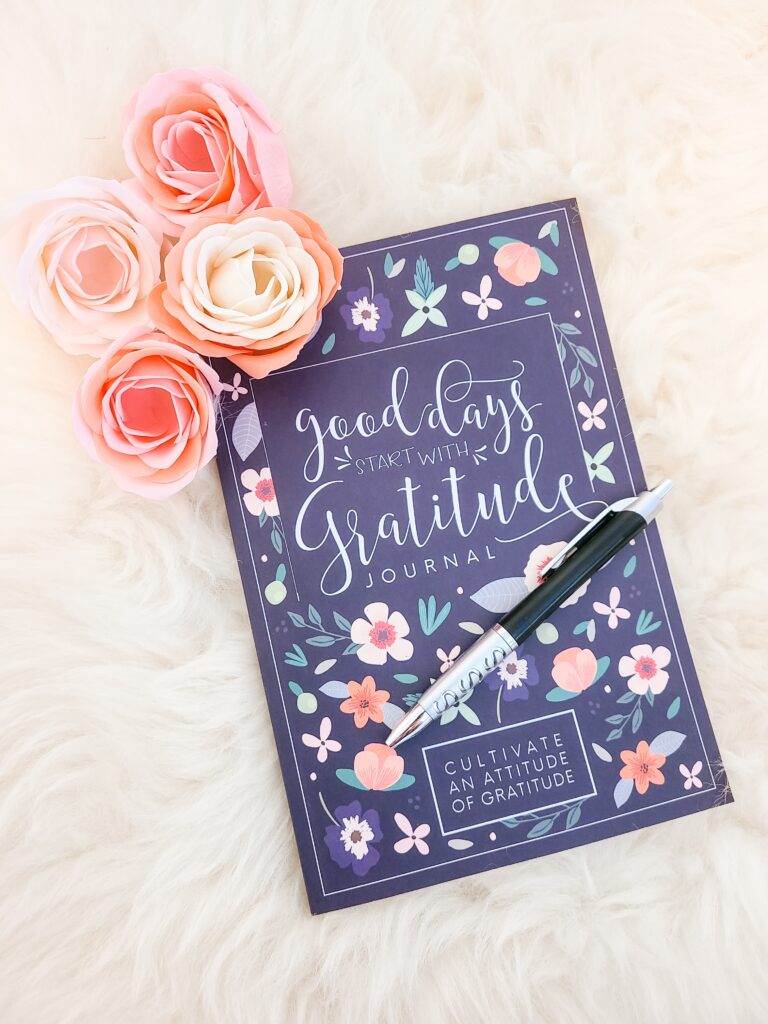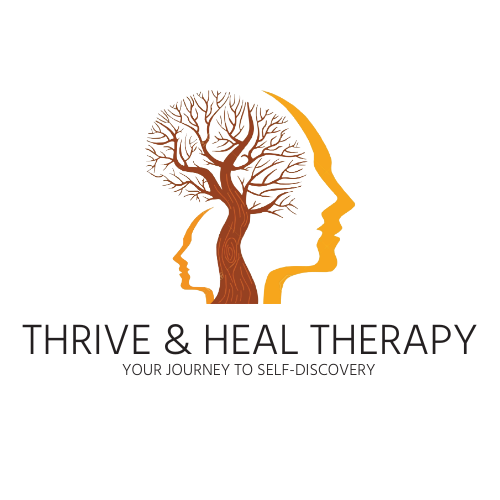Happiness – it is defined as a state of utmost joy , pleasure and a combination of positive emotions.
It is considered subjective and is often associated with gladness, emotional well-being and satisfaction.
Positivity, joy, and good vibes are the key words associated with happiness.
Happiness is considered as a state, a mood , a phase. It is the most sought after feeling in the world.
A more in depth sense of life satisfaction is also a part or type of happiness.
Happiness is also influenced by cultural factors, and individual definitions. Something that makes one individual happy doesn’t necessarily make other people happy. For instance, in the west an individual’s happiness is regarded more significant, however in the east it’s the sense of togetherness and family happiness that’s a priority.
Positive psychology is the field specifically focused on enhancing and studying happiness and how it can be created and maintained.
Emphasis of positive psychology is on learning how to boost emotional well-being and positive emotions.
Following are the few scientific ways suggest to enhance happiness and joy

Gratitude
Gratitude is when a person is genuinely grateful for all the blessings they have in life and puts their focus and energy in being thankful for what they have rather than focusing on what they lack. It is one of the most studied constructs in positive psychology and a number of researches has shown its positive effects on well-being.
Studies show practicing gratitude can lead to a decrease in depressive moods, provides relief from anxiety and aids in developing better sleep
Habits. It is also shown to enhance mood and a sense of satisfaction within individuals. It increases the levels of serotonin and dopamine which are the neurotransmitters associated with feeling good, happy and calm. Increased levels of these hormones help in making a person feel positive emotions.
- Gratitude can be practiced verbally by speaking out loud three things you are grateful for everyday
- It can be manifested in words by making a list of things you are thankful for and keep adding a thing or two each day
- It can be practiced in meditation and mindfulness activities by thinking and focusing on the things and feelings of gratefulness.
Studies show practicing gratitude for thirty days or more starts building positive neural connections in the brain hence leaving the person feeling much happier and content.

Practice Mindfulness/ Meditation
Mindfulness is the awareness of now, it is a philosophy of life which emphasizes on living in the present and suggests that one should devote all the energies and attention to what is , not what was or what will be. Mindfulness is actively living in the awareness of here and now and can be practiced in meditation and different mindfulness activities. It uses the five basic sensory systems to bring an individual’s mind and body back to the present rather than being stuck in past experiences or future anxiety.
For instance : everyday practice of seeing three things , hearing three things, touching three things of nature or speaking three positive things can train the brain to be more mindful of the present. Studies depicted practicing mindfulness such as walking on the grass feeling the grass only visualizing it remaining in the present can help release stress and reduce anxiety. It resets the nervous system and brings the person to a calmer state of mind where their flight or fight automatic response is no longer activated.

Physical activity
thirty minutes of any physical activity such as cycling, running , working out at gym , Hiking etc decreases stress hormone production and produces dopamine which is the feel good neurotransmitter.
Quality sleep
Sleep is an important element associated with overall mental well- being. A good quality sleep within the average hours maintains a regular hormonal function hence keeping mind and body in a positive state. Sleep deprivation on the other hand causes problems such as depression ,low moods and anxiety.

Being helpful/ Altruistic
Studies show individuals who help others with expecting in return show higher levels of well-being and happiness. Individuals get more happy when they spend their money on other people rather than themselves.
Spending time in natural environments
The association between vitamin D and depression has been established by various studies. It is also suggested the more time a person spends in sunlight , and natural environments the more their well-being increases.
Investing in genuine relationships
Longitudinal research has put the emphasis on long term support from friends and family. It is observed that the better the relational support the better is both emotional and mental well-being of people. Genuine , loving , caring and supportive relationships definitely give a dose of happiness.
Positive thoughts
A well versed however true idea, thinking influences how we feel towards a certain situation or a trigger. If you train your brain to think positively it will form different neural networks leading to a sense of joy and happiness and solidifying it making it a habit.
Compassion
Choosing to be compassionate towards oneself when making a mistake , falling or doing something not right is an important predictor of happiness. It means providing yourself with kindness , care and warmth.
Let things go
Last but not least learning when it is time to let something or someone or some idea go gives a sense of freedom and joy which can’t be explained. It has been shown how holding onto grief , anxiety , and low mood worsens it , however letting it out gives freedom to make space for new energy, a flowing energy rather than being stagnant helps in regulating positive emotions.
Follow these tips practice today feel better tomorrow keep smiling
References:
Schuman-Olivier Z, Trombka M, Lovas DA, Brewer JA, Vago DR, Gawande R, Dunne JP, Lazar SW, Loucks EB, Fulwiler C. Harv Rev Psychiatry. 2020 Nov/Dec;28(6):371-394. doi: 10.1097/HRP.0000000000000277. PMID:33156156.






